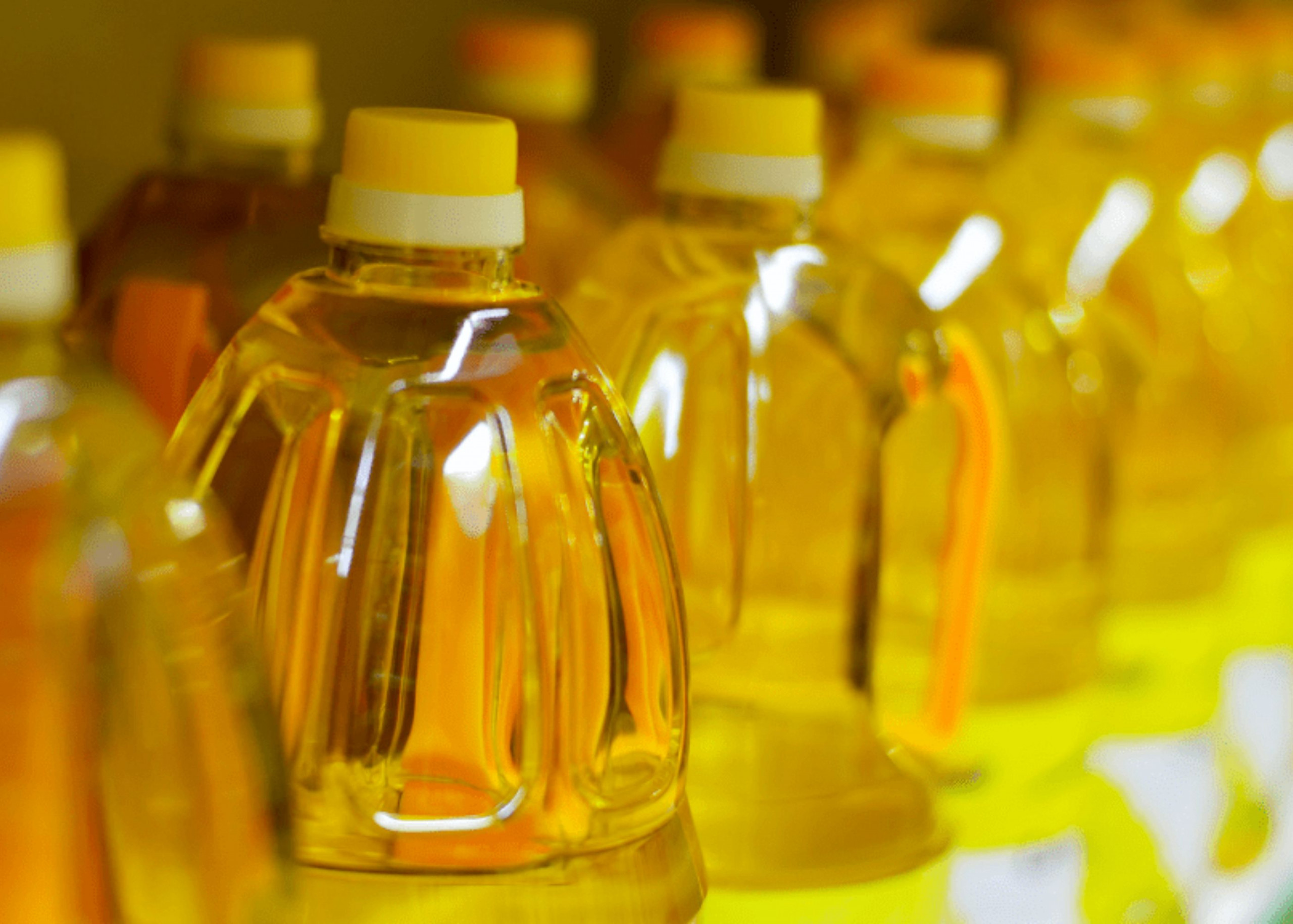News in Brief:
– Nigerians are facing a significant increase in cooking oil prices, particularly for imported palm oil and vegetable oil.
– This price surge impacts household budgets and small businesses, contributing to a broader food security crisis in the country.
Nigerians are expressing growing frustration over cooking oil’s escalating costs, particularly palm and vegetable oils. This price surge has significantly impacted household budgets, especially for low-income families.
A 75cl of vegetable oil that sold for ₦1,800 just last month, now sells for over ₦2,900 in many parts of Lagos State, an increase of about 61%. The same measurement for palm oil, which sold for between ₦1,000 to ₦1,200, now sells for ₦1,800.
Impact on households
Many households are grappling with the situation, amidst a hunger crisis in the country. Funke Adeola, a civil servant residing in Lagos’s Igando area, decried the situation.
“I don’t know what is happening in the country now, things are getting expensive by the day in this country and nobody seems to be doing anything about it. I bought a bottle (75cl) of groundnut oil for ₦1,800 in October. As of now, it is almost ₦3,000,” she lamented. “How can prices go up so quickly in such a short time?” She queried.
Another person, Victoria Akpewe, told this publication that the burden on the masses was getting too hard to bear, even though Nigerians are known as resilient people.
“If food prices are this expensive now, what about once it’s Christmas?”, she asked rhetorically. “I now have to fry stew with palm oil, because vegetable oil has become too expensive. I don’t know how the government expects us to cope with all these high costs on virtually everything.”
Also, another respondent, who identified himself as Fortune, decried the situation.
“Nigeria is now officially for the rich only, because minimum wage can’t buy a bag of rice anymore. ₦13,000 for 3Liters of King’s Oil, how do common people survive? No power, no food, no security, no basic things, and school fees are not affordable anymore. How do the government want the people to survive?”
Many Nigerians report a significant increase in their monthly expenses due to the price hikes. It has further exacerbated the hunger and food inflation issue in the country which official estimates put at over 40% in the past few months.
Business owners are not left out
A restaurant operator also noted the adverse impact the cost of cooking oil was having on especially small businesses in the country.
“Small business owners, particularly those in the food industry, are feeling the pinch. The rising cost of cooking oil is a major challenge for our business,” said Olayemi. “We’ve had to adjust our menu prices to compensate, but it’s a tough decision to make.”
Why are cooking oil prices so high in Nigeria?
A food commodities trader, Vincent Ogbu, said that the high cost of cooking oil can be blamed on the importers of the product.
“My brother, even me I’m seriously tired of the situation. Before, we used to buy a gallon (50 litres) of vegetable oil for ₦85,000 but now, it is almost ₦100,000. You know these things are imported, especially this King’s brand, so dollar exchange to our local currency is affecting prices,” he explained.
He also affirmed that if nothing is done urgently to reverse the trend, prices of cooking oil could reach record-breaking highs by Christmas. Ogbu, therefore, called on relevant authorities to address the matter as it has adversely affected patronage of his business.
According to our findings, the hike in prices of cooking oil is not limited to the city of Lagos, respondents in other states like Kwara, Edo and even the FCT have reported the same situation of escalating costs.
It is worthy of note that several factors, including global inflationary pressures, supply chain disruptions especially due to increased transport costs, and increased demand, have been adduced for the situation.
Food security situation in Nigeria
Meantime, a recent food security outlook report says that Nigeria is experiencing a significant food security crisis, worsened by intensifying regional conflicts, economic volatility, and abnormal staple food prices.
The report adds that crisis outcomes (IPC Phase 3) are foreseen in numerous regions until at least the beginning of 2025, notably in the Northeast, Northwest, and North Central states. Note that IPC Phase 3 refers to a specific level of food insecurity indicating a crisis.
To this end, the Nigerian government has taken steps to address the situation. Some of these efforts include launching initiatives like the Special Programme for Food Security (SPFS) and the Root and Tuber Expansion Programme.
Also, the government created a 150-day duty-free import window for food commodities and released food commodities from the National Strategic Food Reserve.
However, analysts and experts opine that these measures have proven to be ineffective in mitigating the hunger situation in Nigeria. Subsequently, they have implored the government to step up interventions to stabilise prices and alleviate the burden on households.



